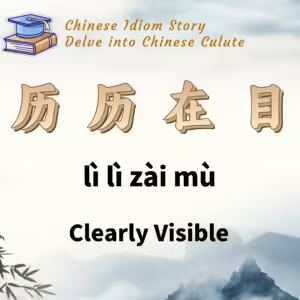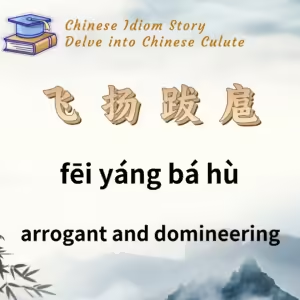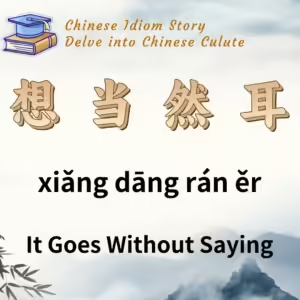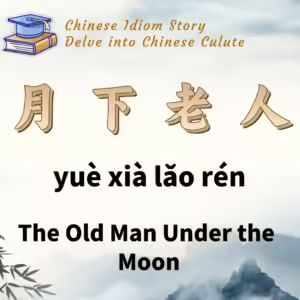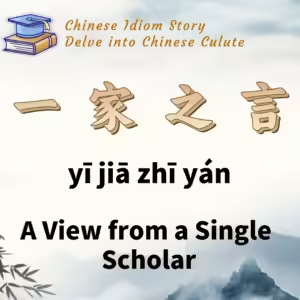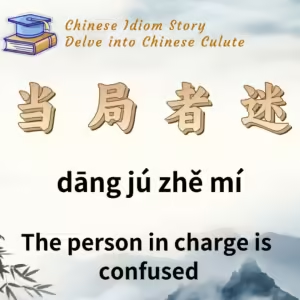
Chinese Idiom: 当局者迷 (Dang Ju Zhe Mi)
English Translation: The person in charge is confused
pīn yīn: dāng jú zhě mí
Idiom Meaning: This idiom refers to the idea that individuals directly involved in a situation often become confused due to their vested interests, while bystanders can see the situation more clearly because they are calm and objective.
Historical Source: 《旧唐书·元行冲传》 (Old Book of Tang, Biography of Yuan Xingchong).
Idiom Story:
During the reign of Emperor Xuanzong of the Tang Dynasty, there was a renowned scholar named Yuan Xingchong. His work, “Wei Dian,” which consists of thirty chapters, was highly praised by many learned individuals of his time. Yuan greatly admired the famous minister Wei Zheng from the Tang Taizong era, particularly appreciating the version of the “Liji” (Book of Rites) that Wei Zheng had edited and organized.
One day, a minister named Wei Guang submitted a proposal to Emperor Xuanzong, suggesting that Wei Zheng’s revised version of the “Liji” be included among the classical Confucian texts. The emperor accepted this suggestion and ordered Yuan Xingchong and others to add annotations for its practical use. Yuan was delighted to take on this task and, along with Fan Xinggong, a doctor at the Imperial Academy, quickly completed the assignment and submitted it for the emperor’s review.
However, to their surprise, Zhang Yue, the Chancellor, raised objections. He argued that the “Liji” had already been organized by Dai Sheng during the Western Han dynasty and had been in use for nearly a thousand years, and thus, there was no need to adopt Wei Zheng’s new version. Emperor Xuanzong, lacking a strong opinion of his own, changed his mind and agreed with Zhang Yue.
Dissatisfied with this decision, Yuan Xingchong subtly wrote an article titled “Shiyi,” refuting Zhang Yue’s argument. Using a question-and-answer format between a guest and a host, he explained that although the “Liji” had been compiled by Dai Sheng and later annotated by Zheng Xuan, it was still inferior to Wei Zheng’s revised edition. He elaborated that “Dai Sheng’s version had been in use since the end of the Han dynasty and had undergone many revisions and annotations, leading to numerous contradictions. This was precisely why Wei Zheng found it lengthy and complicated, prompting him to reorganize and refine it.”
Yuan believed that the issue should have been clear, but he noted, “当局者迷,旁观必审,” meaning that those who rigidly adhere to the text are unable to see the truth.
From this story, people later simplified the expression “当局者迷,旁观者清,” which evolved into the idiom “当局者迷.” This idiom illustrates how those involved in a situation often become confused due to their own interests, while outsiders, being calm and objective, can see the situation clearly.

